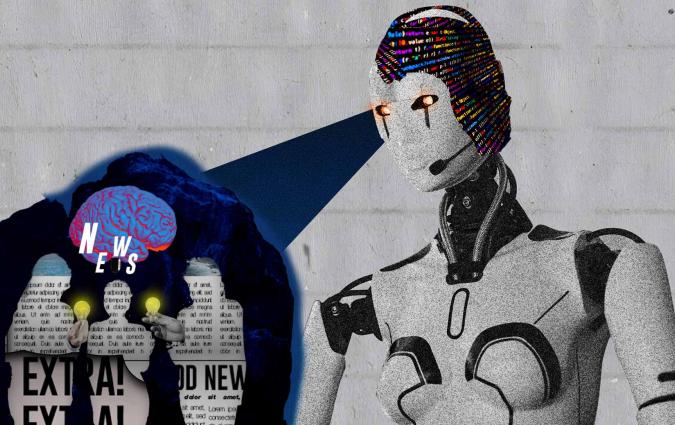The Euro Crisis in the Media

The Euro Crisis produced the most significant challenge to European integration in 60 years - testing the structures and powers of the European Union and the Eurozone and threatening the common currency. The financial and political emergency was shaped by problems in the banking sector, national fiscal policies, and sovereign debt held by Eurozone nations. The European and the global economies are still enduring the lingering effects of the events.
This book explores how the crisis was portrayed in the European press and the implications of that coverage on public understanding of the developments, their causes, the responsibilities for addressing the crisis, the roles and effectiveness of European institutions, and the implications for European integration and identity. The chapters address issues related to the media portrayals and provide a clear and readable explanation of what the depictions tell us about Europe and European integration in the early twenty-first century. The authors explore how the roots of the crisis were described by media, the contextualisation of events, how responsibility was assigned, national stereotyping, expectations and trust in European Institutions, the roles of European leaders, the extent of social and political debate, language used to describe the events, how coverage varied nationally and in papers with different political orientations, the influences of differing journalistic cultures, and whether a pan-European public sphere was evident. Based on an extraordinary range of comparative research across 10 European countries (Belgium, Finland, France, Italy, Germany, Greece, Netherlands, Poland, Spain, and the United Kingdom), this book will be essential reading for practitioners, scholars and students of media, current affairs and politics.
Request an inspection copy from publishers IB Tauris
Purchase a copy of the publication via Amazon or IB Tauris Editor biography





